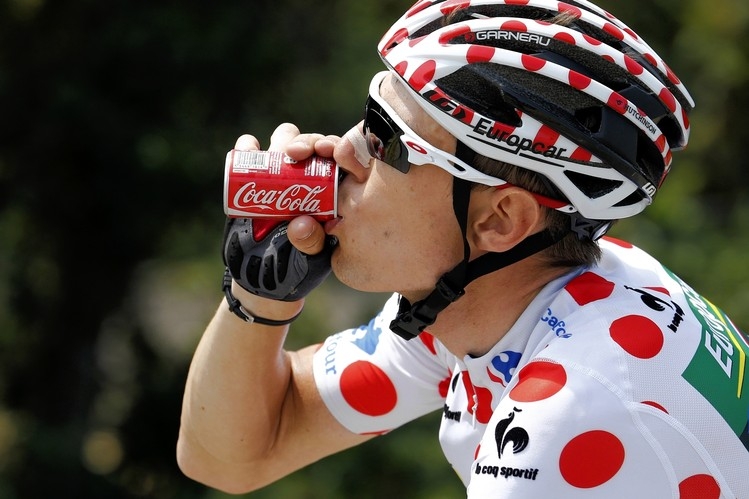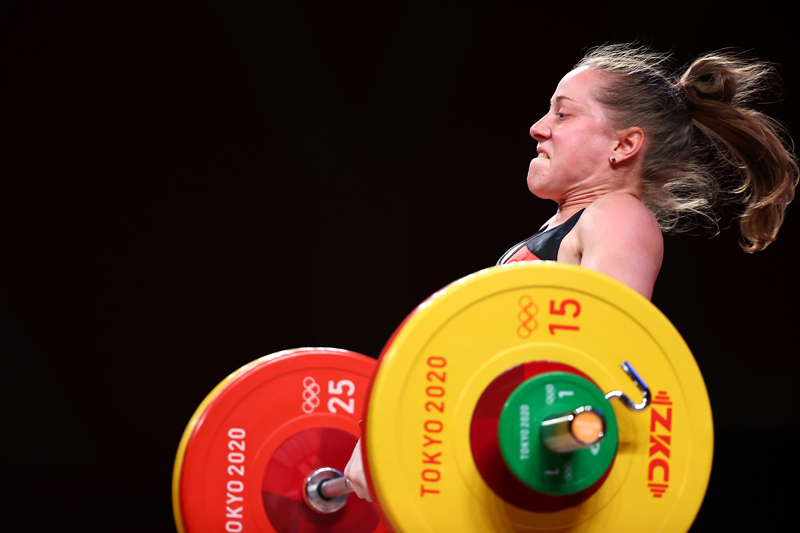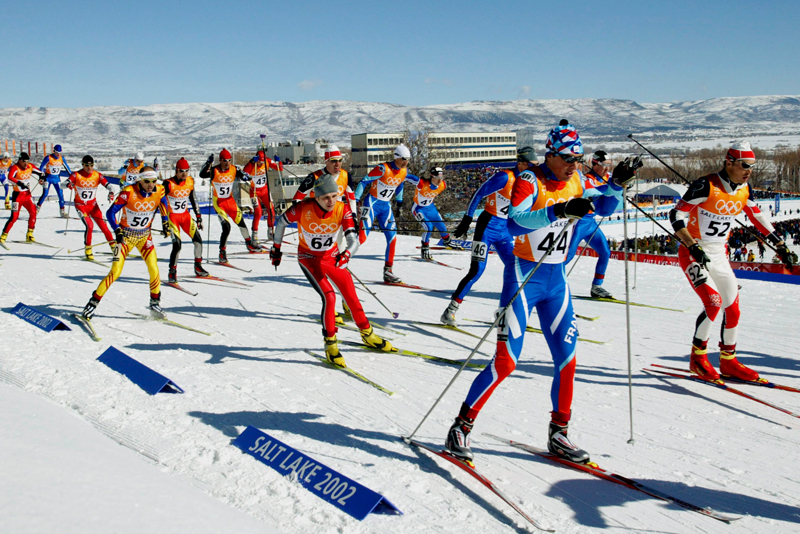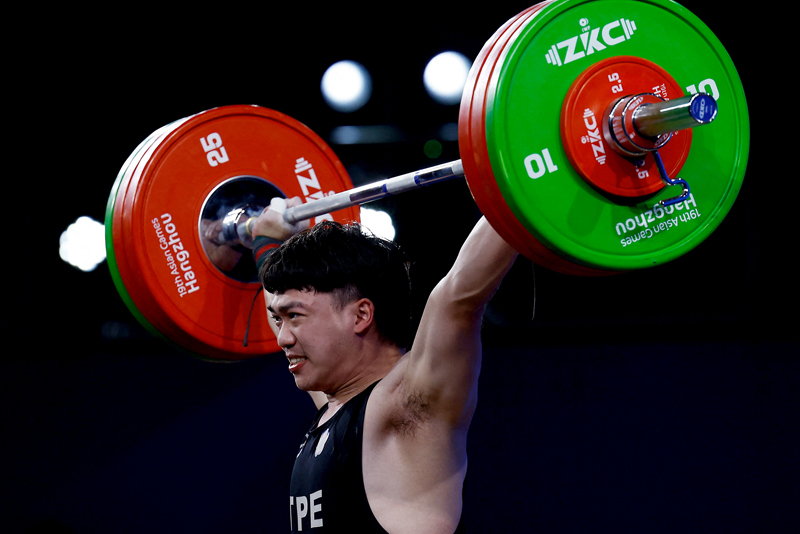You are viewing 1 of your 1 free articles. For unlimited access take a risk-free trial
Caffeinated energy drinks: a load of bull?

What additional benefits can hi-tech caffeinated energy drinks provide over ordinary carbohydrate drinks taken with caffeine tablets? Sports Performance Bulletin looks at what the science has to say
Big-branded energy drinks containing added caffeine are booming. According to official sales figures, sales of the world’s most popular brand of energy drink exceeded $7billion worldwide in 2017, with sales volumes still growing(1)! As regular Sports Performance Bulletin readers will (or should) know, the evidence supporting the use of carbohydrate-energy drinks for extending endurance is unequivocal, and the same goes for caffeine. Unsurprisingly therefore, drinks containing both of these ingredients are popular with athletes both in training and competition – a combination that is also supported by earlier scientific studies(2).But how do these kinds of drinks stack up in terms of enhancing sport performance? Do they live up to the marketing claims, and are they any better than consuming a caffeine supplement in (a cheaper) tablet form washed down with carbohydrate drink? Unfortunately, while we know that carbohydrate and caffeine most definitely do provide an ergogenic effect, there’s been almost no scientific research comparing the benefits of commercially-formulated caffeine energy drinks vs. the use of standard carbohydrate drinks taken with additional caffeine. However, a 2015 study by Australian scientists did ask exactly this question.
Put to the test
In this study, scientists compared the effects of a commercial energy drink (Red Bull) with an equivalent dose of carbohydrate and caffeine (in tablet form) on the cycling performance of eleven trained male cyclists(3). Importantly, this study used a double-blind, placebo-controlled cross-over design, which scientifically speaking, is the most rigorous and reliable type of study from which to draw firm conclusions. To test the ‘commercial drink vs. carbohydrate plus caffeine’ theory, the cyclists performed three 1-hour time trials on three separate occasions. These trials were identical except for the drinks the cyclists consumed ninety minutes before each trial. These were as follows:- *Red Bull energy drink
- *Caffeine tablets plus a carbohydrate drink
- *A plain carbohydrate drink (ie no added caffeine)
The findings
Compared to the carbohydrate-only drink trial, the cyclists rode faster when they had taken caffeine. When they took caffeine tablets plus carbohydrate drink, they knocked 120 seconds off. Drinking the Red Bull energy drinkesulted in a 109-second improvement (see figure 1).Figure 1: Improvement in 1-hour time trial times

The slight difference in improvements between these two trials was not considered significant. Because these two results were so similar however, the researchers concluded that it was the caffeine in the Red Bull that had produced performance gains over a standard carbohydrate drink, and that the other ingredients (such as the amino acid called taurine, which is added to Red Bull) did not offer any additional benefit.
Practical implications for athletes
What can we deduce from the limited amount of research available? Well, the study above demonstrates that adding caffeine to carbohydrate produces greater performance improvements than consuming carbohydrate alone, and it doesn’t matter how you achieve that – ie whether you consume a ready-mixed commercial drink or a plain carbohydrate drink plus caffeine tablets. And given that taste and personal preferences are important when choosing a sports drink, if you enjoy a pre-mixed commercially available drink (and it’s within your budget), there’s no reason not to choose such a product. This study’s findings also fit with other studies showing that around 3mgs of caffeine per kilo is a very effective caffeine dose to enhance endurance performance(4,5). Of course, the implication is that if you do consume a ready-mixed caffeine-energy drink, you need to ensure it delivers in the region of 3mgs per kilo of bodyweight (about 200mgs for an 70kg athlete).For athletes who are new to caffeine supplementation, here are some tips: firstly, always use a proper caffeine supplement to provide your pre-exercise caffeine. Don’t rely on tea/coffee, as the caffeine contents in these drinks can vary wildly according to the type of tea/coffee and how they are prepared. Secondly, while caffeine taken before exercise is effective at enhancing performance, it’s best to begin consuming carbohydrate only once you’re on the move, especially if you’re prone to energy swings and dips. Finally, for races/training lasting an hour or longer, stick to a caffeine dose of 2-3mg per kilo of bodyweight. There’s no evidence that higher doses produce additional performance gains – and indeed, some evidence that higher doses may not produce less performance benefits than a lower dose (see this article for a more in-depth discussion).
References
- www.statista.com/statistics/275169/red-bulls-company-sales-worldwide/
- Int J Sport Nutr Exerc Metab. 2009 Feb;19(1):61-78
- Int J Sports Physiol Perform. 2015 Oct;10(7):897-901
- J Appl Physiol 1998; 85:709-715
- J Sports Sci. 2012;30(2):115-20
Newsletter Sign Up
Testimonials
Dr. Alexandra Fandetti-Robin, Back & Body Chiropractic
Elspeth Cowell MSCh DpodM SRCh HCPC reg
William Hunter, Nuffield Health
Newsletter Sign Up
Coaches Testimonials
Dr. Alexandra Fandetti-Robin, Back & Body Chiropractic
Elspeth Cowell MSCh DpodM SRCh HCPC reg
William Hunter, Nuffield Health
Keep up with latest sports science research and apply it to maximize performance
Today you have the chance to join a group of athletes, and sports coaches/trainers who all have something special in common...
They use the latest research to improve performance for themselves and their clients - both athletes and sports teams - with help from global specialists in the fields of sports science, sports medicine and sports psychology.
They do this by reading Sports Performance Bulletin, an easy-to-digest but serious-minded journal dedicated to high performance sports. SPB offers a wealth of information and insight into the latest research, in an easily-accessible and understood format, along with a wealth of practical recommendations.
*includes 3 coaching manuals
Get Inspired
All the latest techniques and approaches
Sports Performance Bulletin helps dedicated endurance athletes improve their performance. Sense-checking the latest sports science research, and sourcing evidence and case studies to support findings, Sports Performance Bulletin turns proven insights into easily digestible practical advice. Supporting athletes, coaches and professionals who wish to ensure their guidance and programmes are kept right up to date and based on credible science.













